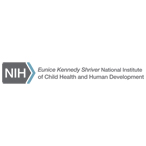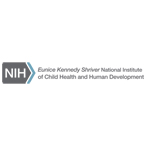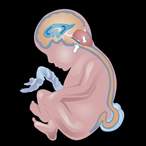Violence During Pregnancy Linked to Reduced Birth Weight
Pregnant women who are assaulted by an intimate partner are at increased risk of giving birth to infants of reduced weight, according to a population-level analysis of domestic violence supported by the National Institutes of Health.






 BACK TO TOP
BACK TO TOP